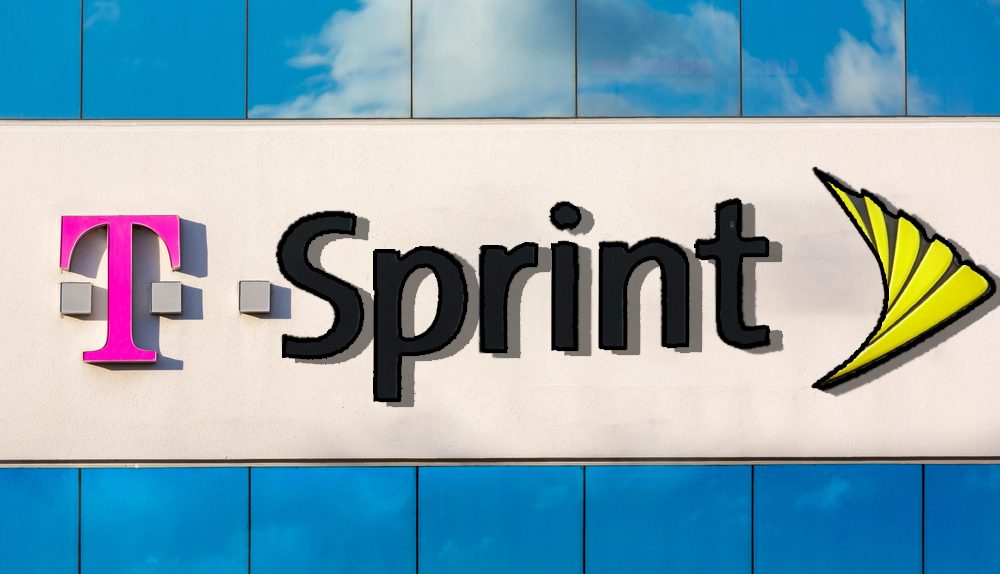Yesterday, T-Mobile CEO John Legere and now-former Sprint CEO Marcelo Claure went before the Senate subcommittee on Antitrust, Competition Policy, and Consumer Rights to make a pitch for the T-Mobile Sprint merger. It’s the first time that the duo have faced public scrutiny over the deal, so we were hoping for some probing questions on the data behind some of T-Mobile and Sprint’s claims.
What we got instead was a doubling-down on the logic that we’ve heard before, that the merger is absolutely necessary for America’s 5G infrastrucutre, and it will create millions of jobs and be singlehandedly responsible for the coming of spring every single year.
Unfortunately, for New T-Mobile’s talking points to make sense, some history has to be re-written, and that starts with Sprint. One of the central assumptions for this merger is that Sprint can’t compete any more as a standalone company — and, in fairness, with a major debt load and the weakest network of any of the carriers, that might be true. But obviously, Sprint has been saying for years that it’s a great company with a strong and improving network, and earlier this year it was still explaining how it was the best-positioned company to make the jump to 5G.
Oh, how the tune has changed. Claure spent the bulk of his prepared testimony to the committee explaining how Sprint is, in fact, Bad. You can watch the video of Claure’s remarks here; his testimony on Sprint begins at about 47 minutes in.
“It is no secret that in recent years, Sprint has had to chart a course through daunting obstacles. Over the last decade, the company had lost over $25 billion. For all the talent and work of our employees, our path was simply not sustainable,” Claure said. ” Our plan anticipates a limited 5G build over time that will lack broad coverage. Given the characteristics of our mix of spectrum and the size of the capital expenditures involved, Sprint will be able to deliver 5G only in limited areas, focusing on population-dense metropolitan areas. Consequently, Sprint as a standalone company cannot fully seize the tremendous opportunity that 5G creates.”
Let’s compare that with Claure’s own statements from, oh, February of this year: “The race to 5G is heating up, and let me be clear, today’s announcement is a huge step toward Sprint being first to offer a 5G mobile network,” said Claure. “Our deep spectrum position gives us an incredible advantage no other carrier has in the U.S. We’re making significant investments using state-of-the-art technology, and working with leading chip and handset partners to deliver an incredible Next-Gen Network for our customers.”
This isn’t meant to directly challenge what Claure is saying now, but rather to emphasize that Claure (and Legere) simply have a track record of saying whatever they need to in the moment. In February, the key was persuading investors that Sprint was a strong, viable company. Right now, it’s to persuade regulators the opposite.









